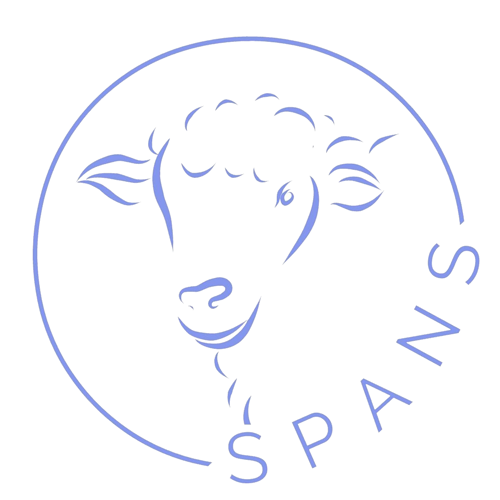The Canadian Food Inspection Agency (CFIA) has a mandate to enforce Canada’s Health of Animals legislation, including the new provisions made to the Part XII of the Health of Animals Regulations (HAR) related to the transport of animals.
The amendments to Part XII of the HAR, the Transport of Animals were published in February 2019, and came into force in February 2020.
CFIA recognized that the feed, water and rest (FWR) maximum intervals outlined within the amended regulations required significant adjustments by some industry sectors. As a result, for an additional 2-year period following the coming into force in February 2020, CFIA’s enforcement approach has focused on compliance promotion for the prescriptive FWR interval provisions set out in Part XII of the HAR related to the transport of animals, namely sections 141(1)(e), 143(1) and 152.2. During this time, CFIA has worked actively with industry working groups to understand particular challenges that have been identified, to provide clarifications on the amended regulations and include these in regulatory guidance, and to review new science findings. As well, industry has worked to make change in processes and infrastructure, and made investments in research projects focused on improved animal welfare outcomes in affected sectors. CFIA will continue to work with industry to understand challenges and provide ongoing education and awareness of the amended regulations.
Ending of the FWR compliance promotion period
The temporary, 2-year compliance promotion period on FWR interval provisions, will end as planned on February 20, 2022. After this date, non-compliances with any aspect of the transport of animals provisions in Part XII of the HAR will be subject to the Standard Regulatory Response Process (SRRP) and approached as outlined in CFIA’s Compliance and Enforcement Policy. The CFIA uses the SRRP to determine appropriate compliance and enforcement actions in cases of identified non-compliance. Considerations include the regulated party’s history of non-compliance, the level of harm and the intent of the non-compliance. Enforcement actions are proportional to the animal welfare situation and the seriousness of the non-compliance and may include, but are not limited to, letters of non-compliance, the issuance of administrative monetary penalties (AMPs) and prosecution.
Compliance and enforcement approach
The intent of the amended regulations is to improve animal welfare and reduce risk to animals during transport by establishing clear and science-informed requirements that better reflect animals’ needs. Research on animal transport is constantly evolving and the CFIA will continue to stay up to date and to adjust its focus of enforcement measures as needed. After February 20, 2022, the CFIA will continue to use its discretionary power to enforce all humane transport requirements and to prevent and act on animal welfare situations. The CFIA is aware that research is continuing to look at transport times and FWR stops for both unweaned dairy calves and older beef calves. Therefore, at this time, the CFIA does not plan to prioritize enforcement efforts where the maximum intervals without FWR for ruminants of 9 days of age and older are exceeded by less than 4 hours and all animal welfare outcomes are being met. It is important to note that the regulations also contain FWR outcome-based requirements to verify that animals are not likely to suffer, be injured or die during transport. In accordance with these FWR requirements, animals are to be provided with feed, water and rest during transport to ensure they do not suffer from exhaustion, a nutritional deficit, and dehydration. The CFIA will continue to enforce these FWR outcome-based requirements and CFIA Inspectors will continue to verify compliance with the requirements of Part XII of the HAR in the context of specific situations, and exercise their discretion to determine the enforcement actions that are appropriate in circumstances of over-limit transport times.
